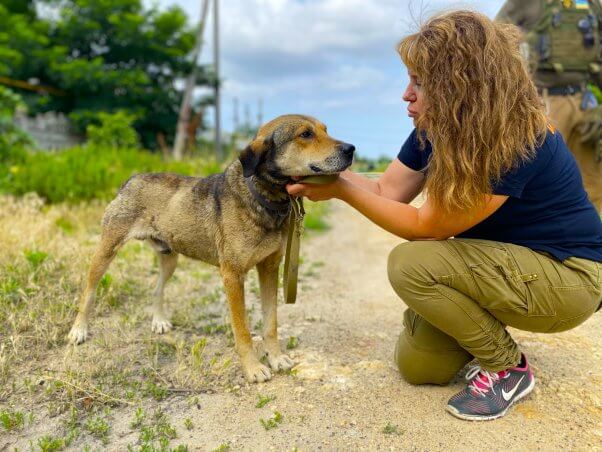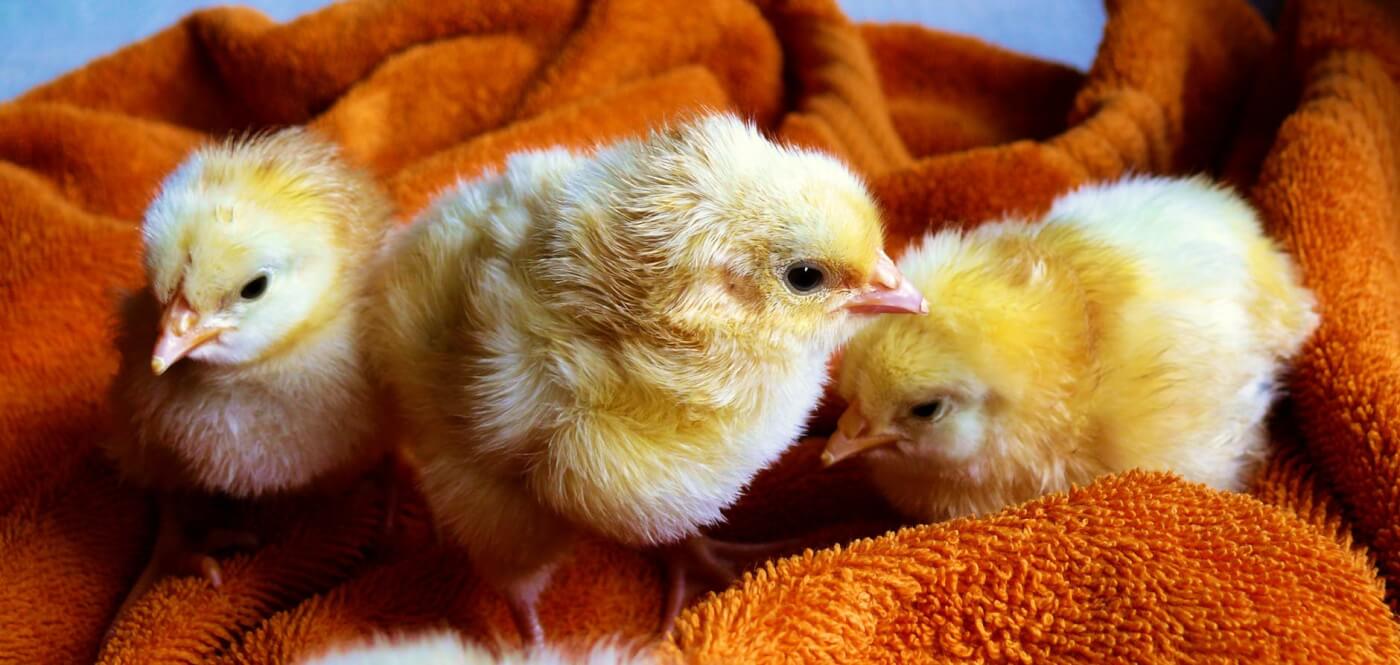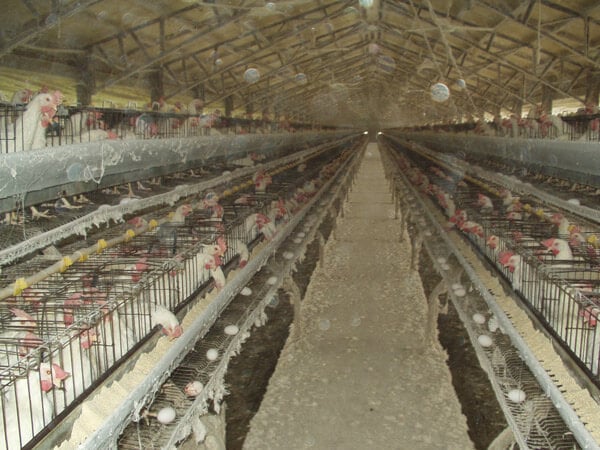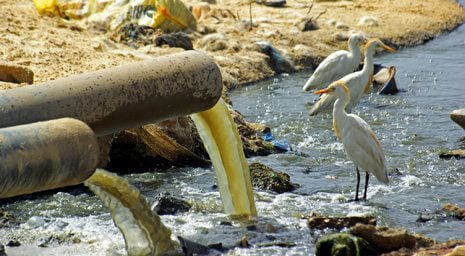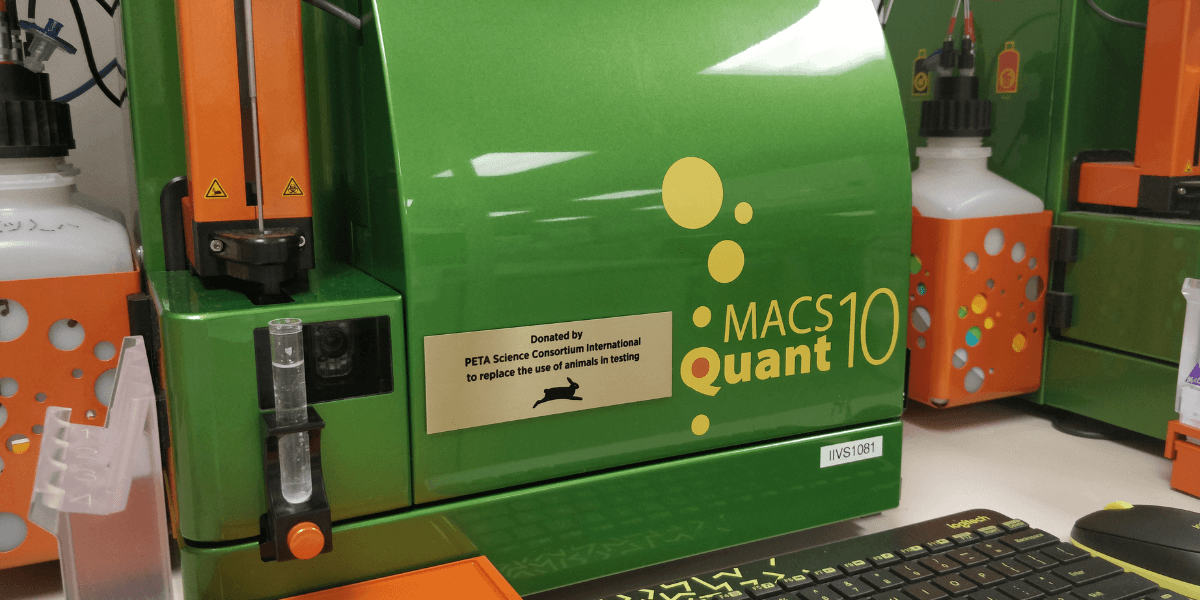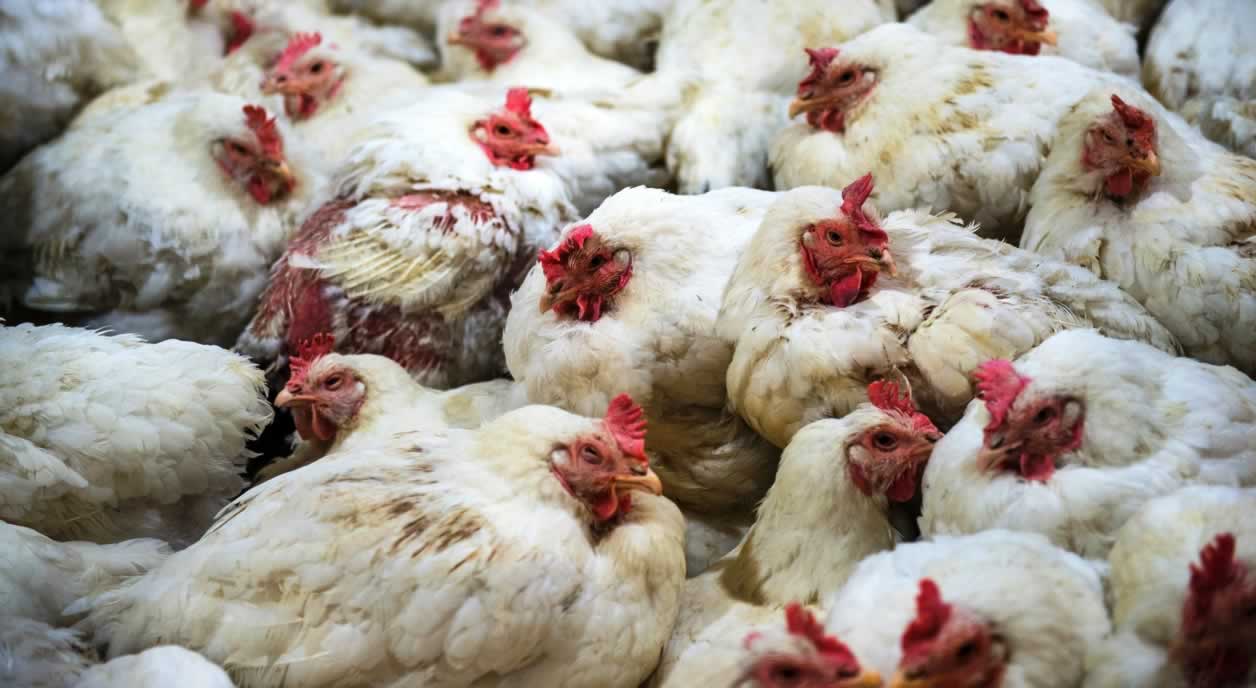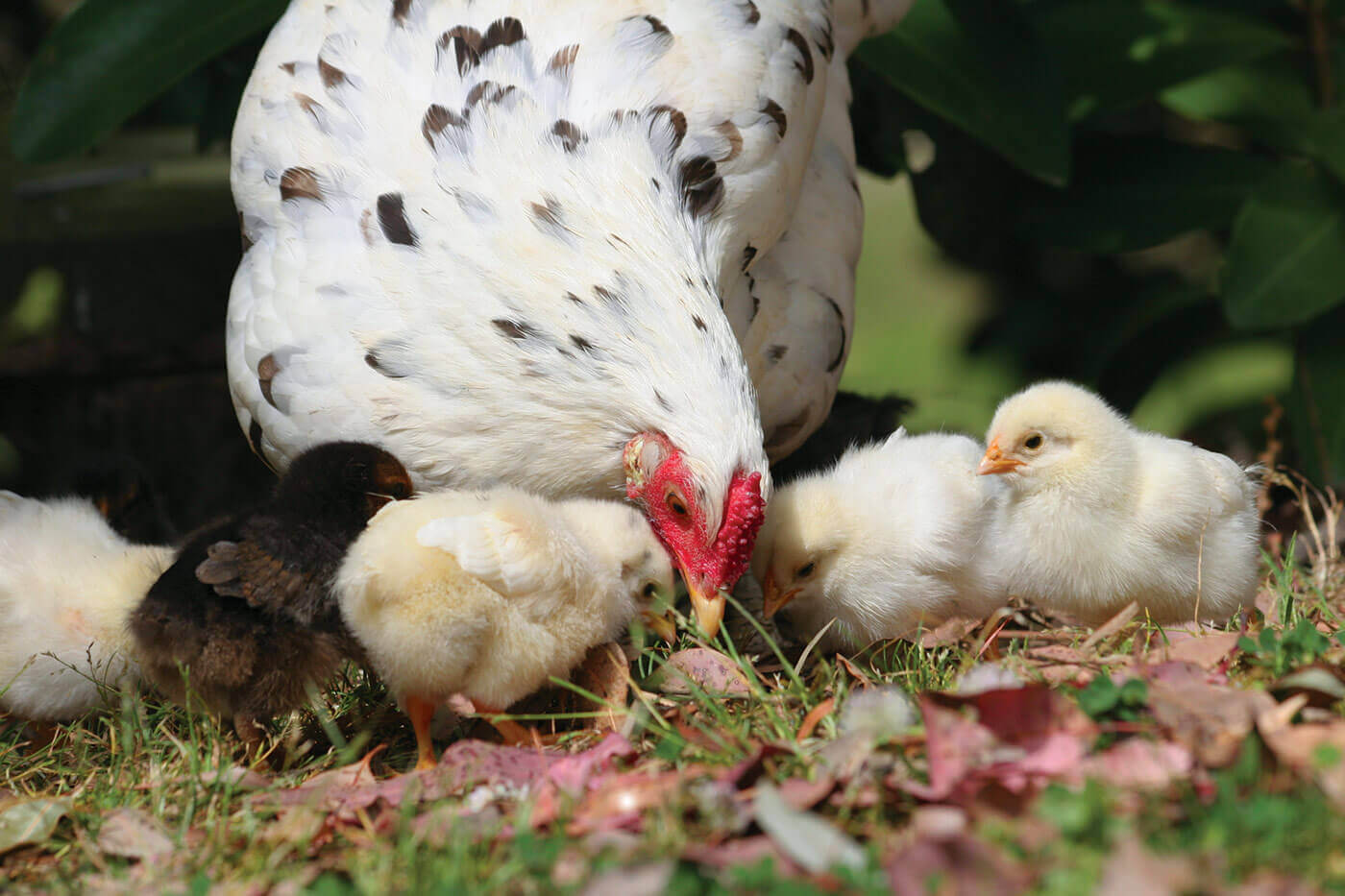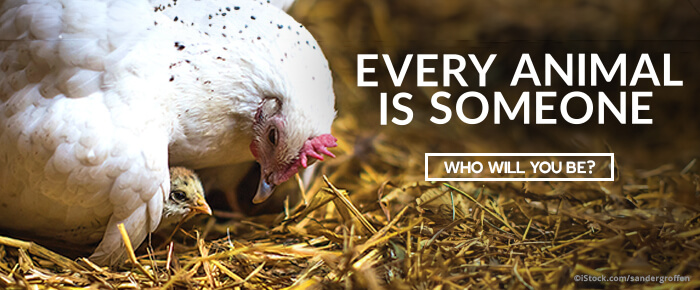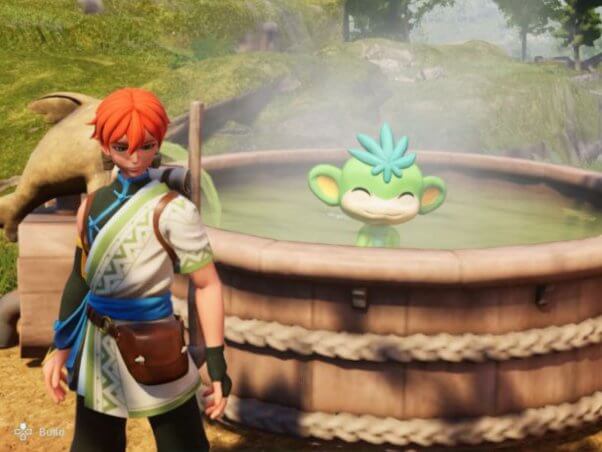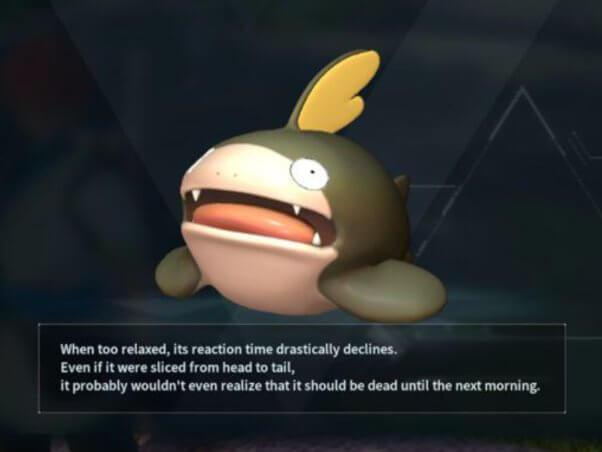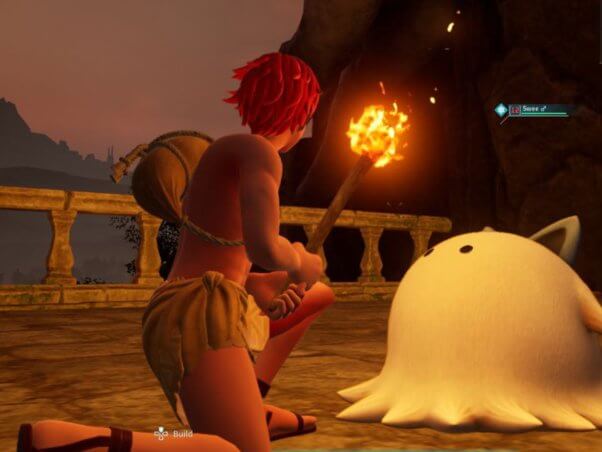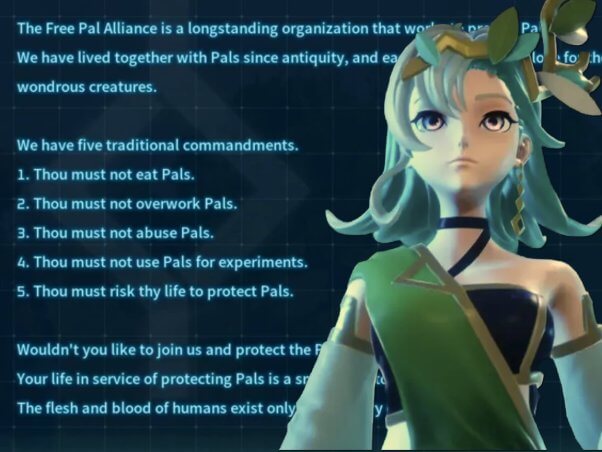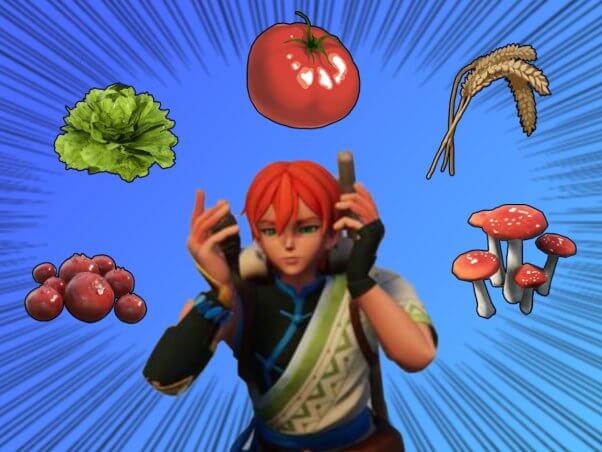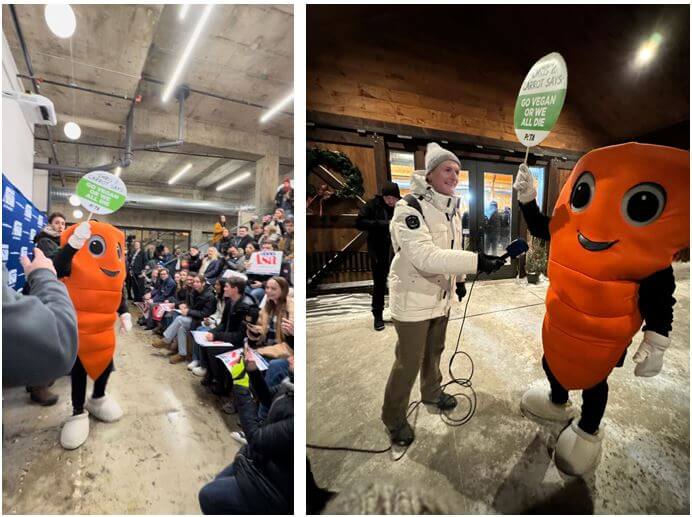Destroyed homes, gruesome untreated wounds, and a constant search to find enough food to survive—these are a few of the daily struggles dogs, cats, and other animals in the war zones in Ukraine face two years after the country was invaded, and their numbers grow with each day of the bloody conflict.
Those lucky enough to have survived and stayed with their guardians often fare little better. Many stores are closed, and those that are open have only limited supplies of food at extremely high prices. In addition, finding veterinary care can be nearly impossible.
“The war of aggression against Ukraine has now been going on for two years. That’s 17,520 hours of rocket attacks and strikes, ground fighting, destruction, death, and great suffering for humans and animals. During this time, PETA Germany, together with strong partners in Kharkiv, has set up a unique aid project that provides hope and comfort. We appeal to you not to forget the animals affected by the war. They want their hunger to be satisfied, their injuries to be healed, and their fear and terror to be alleviated.”
—Sylvie Bunz, Project Director of PETA Helps Ukraine
It takes a herculean effort to feed hungry animals in Ukraine each month. Teams from Germany stop at nothing to enter the war-torn country—even courageously maneuvering around a blockade recently to deliver a freight of food and other provisions. From there, other team members and a network of brave volunteers use the supply chain they assembled at the beginning of the war to reach the thousands of dogs, cats, donkeys, and others who rely on them to survive.
One delivery fills the stomachs of around 1,300 dogs and cats who live in a safe shelter near Kharkiv. Another is giving more than 50 horses the fresh bedding and feed they need to survive the harsh winter. Other animals in Dnipro, Mykolaiv, and elsewhere also count on deliveries. And every day, teams are rescuing more animals, often from the same war-torn towns and villages mentioned in the latest news from the front lines.
Here’s how teams have moved mountains for animals in Ukraine since the onset of the war:
- They’ve created 1,300 safe spaces for housing animals in need, including dogs, cats, horses, sheep, goats, chickens, pigeons, geese, ducks, swans, and fish.
- PETA’s Global Compassion Fund helped establish a veterinary clinic in October 2022. Up to 130 seriously injured and ill animals can be operated on and given the best possible care every day.
- Every month, team members perform spay/neuter surgeries for around 150 animals to prevent thousands from being born on the streets, only to suffer and die there.
- Animals in Ukraine have received more than 3.3 million pounds of food and other provisions, despite conditions that often make deliveries difficult.
- All the animals in the project receive regular veterinary care. The ones who will be transported to Europe for adoption are quarantined and prepared for the journey in accordance with EU regulations. This takes 16 weeks per animal! Around 60% of the animals are reunited with their guardians who have fled, while the remaining 40% are transported to our partner shelters in Europe.
- Every day, 85 PETA-supported employees work on site to care for the animals there and rescue others.
- More than 15,000 animals have been rescued so far!
Support PETA’s Global Compassion Fund
The post Two Years of Saving Animals in Ukraine: Here’s a Glimpse at Rescuers’ Everyday Lives appeared first on PETA.

